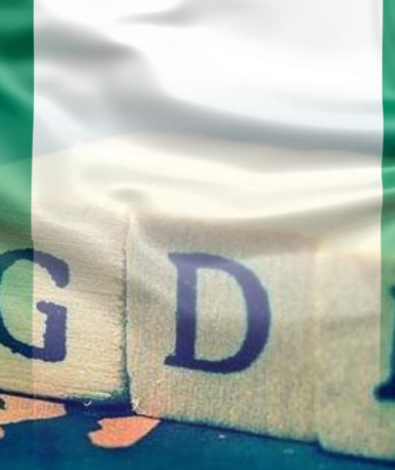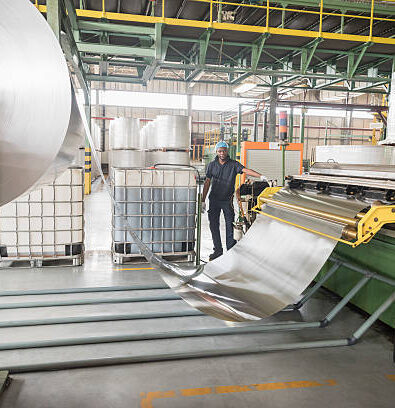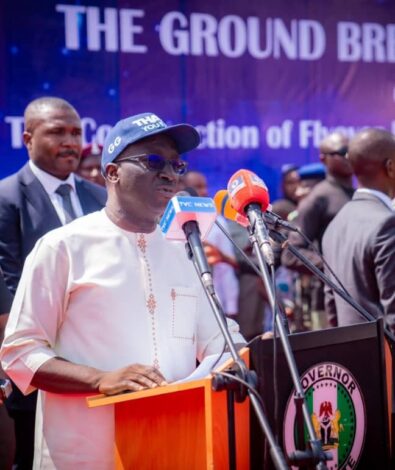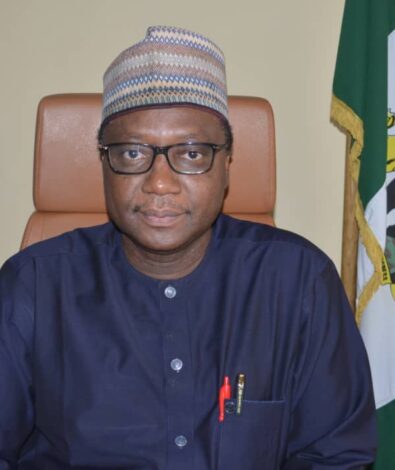Iranian President Dies in Helicopter Crash
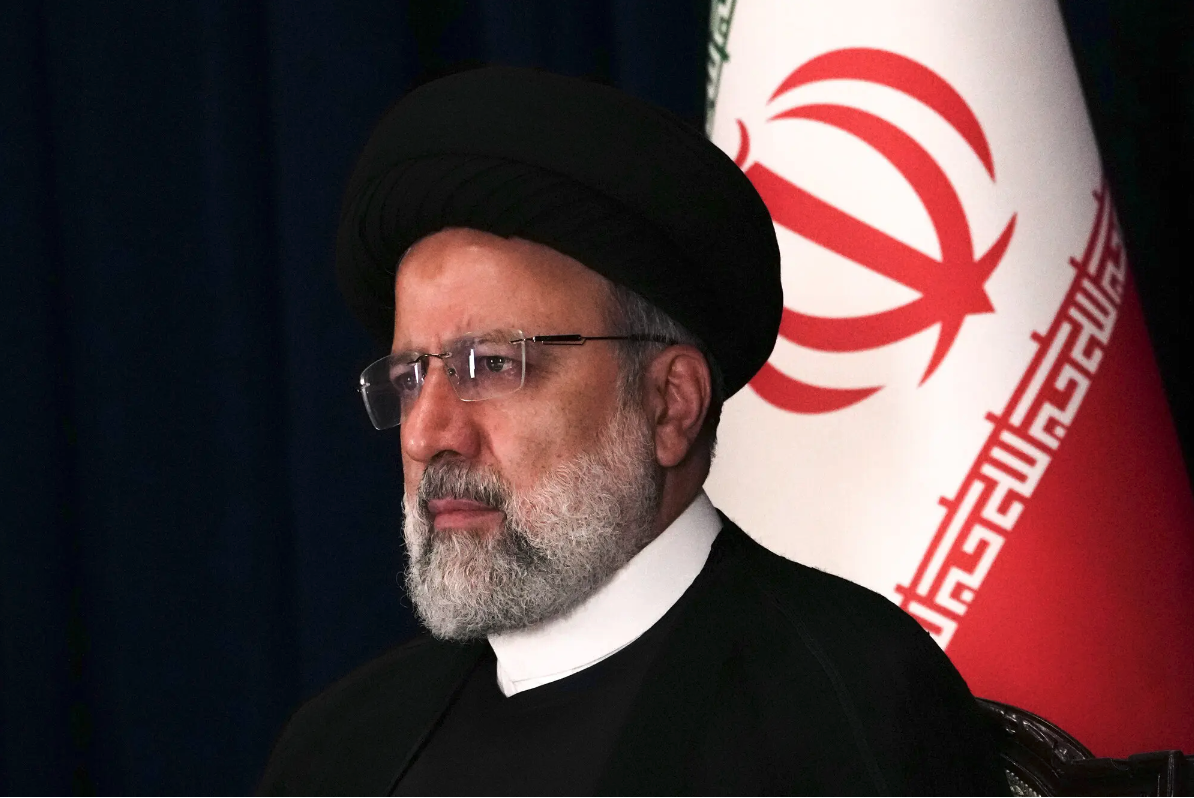
Iranian President Ebrahim Raisi and Foreign Minister Hossein Amirabdollahian perished in a helicopter crash amidst treacherous mountainous terrain and icy conditions, an Iranian official disclosed on Monday.
Search teams found the wreckage in East Azerbaijan province.
“President Raisi, the foreign minister, and all passengers aboard the helicopter died in the crash,” the senior Iranian official informed Reuters, choosing to remain anonymous due to the delicate nature of the incident.
Iran’s Mehr news agency confirmed the fatalities, stating,
“All passengers of the helicopter carrying the Iranian president and foreign minister were martyred.” An earlier report from another Iranian official to Reuters indicated that the helicopter was completely incinerated following the crash on Sunday. State TV broadcasted images from the crash site, showing the aircraft had collided with a mountain peak, although the precise cause of the crash has not been officially determined.
Rescue teams braved blizzards and rugged terrain overnight to locate the crash site early Monday morning. “With the discovery of the crash site, no signs of life have been detected among the helicopter’s passengers,” stated Pirhossein Kolivand, head of Iran’s Red Crescent, in a broadcast on state TV.
Earlier, the national broadcaster suspended regular programming to air prayers for Raisi being conducted across the country.
Hardline Leader passes on
Ebrahim Raisi, 63, assumed the presidency in 2021. Since taking office, he has enforced stricter morality laws, led a harsh crackdown on anti-government protests, and aggressively pursued nuclear negotiations with international powers.
In the wake of the tragedy, Iranian Supreme Leader Ayatollah Ali Khamenei, who holds ultimate authority over foreign policy and the nuclear program, sought to reassure the nation that state affairs would continue uninterrupted.
The tragic incident has left Iran in shock, with the sudden deaths of the president and the foreign minister creating a significant leadership void. As the nation mourns, the investigation into the cause of the crash is ongoing, and the government is working to ensure stability and continuity in its leadership.
New Leader
Ebrahim Raisi, who died at the age of 63, climbed the ranks of Iran’s theocratic system from a hardline prosecutor to a stringent president.
His tenure was marked by a severe crackdown on domestic protests and a determined push in nuclear negotiations with global powers, solidifying his credentials as a potential successor to the Supreme Leader.
Following Raisi’s death, Iran’s first vice president, Mohammad Mokhber, is expected to assume the role of interim president, as stipulated by the country’s constitution. Mokhber, 68, will be part of a three-person council, along with the speaker of parliament and the head of the judiciary, responsible for organizing a new presidential election within 50 days of Raisi’s death.
Born on September 1, 1955, Mokhber is also considered close to Supreme Leader Ali Khamenei, who has ultimate authority over state matters. Mokhber became first vice president in 2021, coinciding with Raisi’s election as president.
